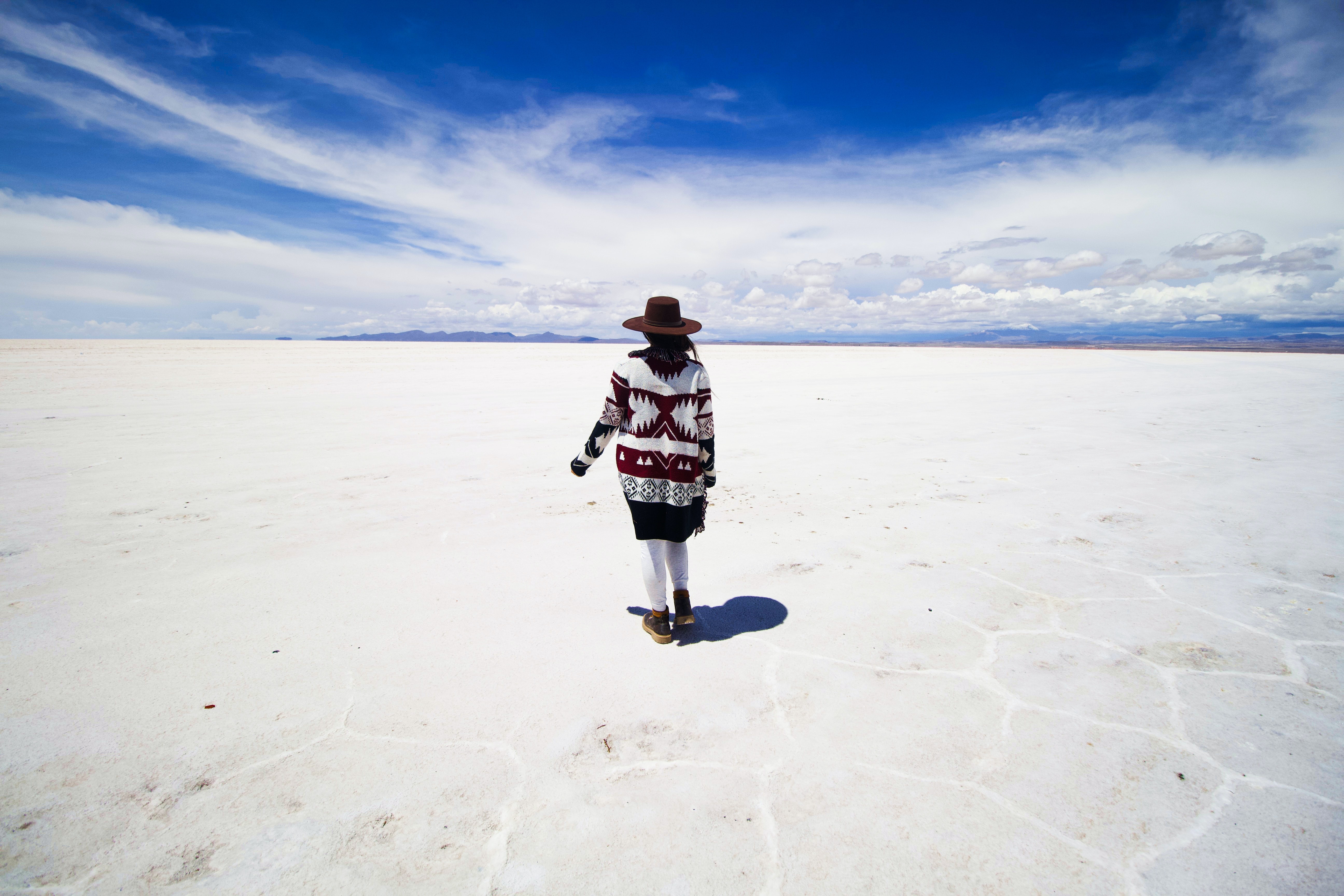Introduction: Sustainability, Mining, and Ethical Dilemmas
Mining has long been viewed as an unsustainable practice and brings with it contentious reputations when it comes to repartition of wealth, the ecological damage it can cause, and general compliance failures. Lithium extraction too has a spotty record globally, but lithium demand is skyrocketing amid the global transition towards sustainable energy. When presented with these facts, lithium mining seems destined to be at ideological odds with a world seeking to promote environmental best practice – but it does not have to be.
Rewriting the Handbook
Bolivia is on the edge of a revolutionary change. The landlocked South American nation sits on the largest lithium deposits in the world, situated firmly in the region’s Lithium Triangle that also contains Chile and Argentina. Mining activity in the region has risen in conjunction with the rising demand and interest in lithium globally – but in La Paz, movement on policy has been slow, methodical, and careful. Despite having very important lithium deposits, Bolivia currently has a limited mining infrastructure that is not capable of extracting the ‘white petroleum’ at the scale of its neighbors.
This is partly due to a history of staunch political opposition to the development of the nation’s mining industry by foreign interests. Under the Bolivian constitution, the country’s natural resources belong to the people – meaning that any lithium extraction operation must directly benefit Bolivians and the local economy. Domestic interest in the extraction of lithium has always been there, but Bolivia’s infrastructure has limited their ability to develop the industry. Change is underway, however. Elected as Bolivia’s new head of state in 2020, Luis Arce ran on a campaign that saw him champion responsible and sustainable lithium mining.
Keen on developing the nation using its vast natural lithium resources, but also wanting to create a framework that fit within the sustainable development goals, Arce is developing an economic model resembling that of Norway’s Government Pension Fund Global. Under this model, Norway uses the profits of its state-owned oil companies (currently worth $1.3 trillion USD) to invest in projects and companies promoting sustainable development. Only a set percent of the fund can be used each year, and it can help cover budget deficits, while also providing the government with ample capital should there be an economic downturn in the future.
In Bolivia, this would translate to a lithium sector where foreign companies pay taxes on their profits to a government fund that would go directly into creating schools, hospitals, and infrastructure. On top of this, Bolivia would seek to establish a lithium supply chain that would not just cover extraction, but processing and manufacturing too – creating a vast amount of opportunities not only to improve the nation’s economy, but also its’ citizens’ quality-of-life. But what does this have to do with sustainability within the mining industry?
Opportunities for Sustainable Mining
Enshrined within Luis Arce’s election promises were “Efforts to commercialize Bolivia’s lithium industry will focus on the following goals for benefiting Bolivia … [including] economic development to create community wealth in Uyuni while maintaining the region’s tourism potential and minimizing environmental impact.” As such, the then-candidate was wanting to explore the opportunities to embrace lithium extraction methods that were not as harmful to the environment as the current status quo.
Far from being an empty promise, Luis Arce’s government has actively sought out emerging technologies and companies capable of carrying out his vision. This led to EnergyX’s involvement with Bolivia’s Ministry of Hydrocarbons and Energy where our company’s Direct Lithium Extraction (DLE), LiTAS, is seen as the potential solution to the country’s goals. DLE is in and of itself one of the most promising new technologies in lithium extraction, and is capable of bringing forth the new era in sustainable mining that Luis Arce wants to create in Bolivia.
Capable of recovering 90% of a salt brine’s lithium deposits in a matter of days while not needing any freshwater, technology like LiTAS™ is the future of mining. For comparison’s sake, current extraction methods take 18 months to retrieve 30% of a brine’s lithium while expending 18,000 gallons of water per ton. A stark contrast to say the least, especially when considering Wood Mackenzie expects mining companies to invest over $48 billion USD over the next 15 years to meet current energy targets.
Conclusion: Bolivia Leading the Push for Sustainable Lithium
Times change fast.
If you had told anyone at the turn of this century that you wanted to create an economic framework based on sustainable mining operations that would be more cost and time-effective than current methods, their reaction would likely resemble a mix of disbelief and humor. Now? It is a possibility that same idea has governments, private companies, and everyday citizens ready to invest in. However, while technological breakthroughs and global transitions are one thing, having the vision to change the widely-embraced economic and industrial models in place and following through with it is something entirely different.
A Luis Arce-led Bolivia is set to revolutionize how we see mining and either dispel or rectify the negative connotations following mining operations globally. Sustainable lithium extraction is possible. Mining needs not cripple the environment or disadvantage local communities. There is absolutely an opportunity for sustainability, mining, and ethical dilemmas to be on the same page – and all signs point towards that story being written in Bolivia.

